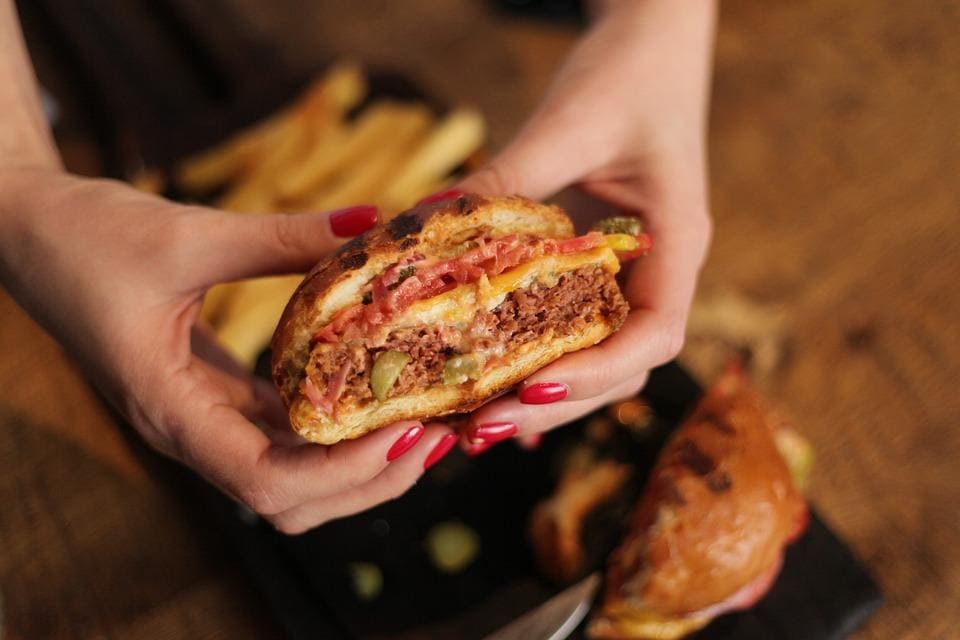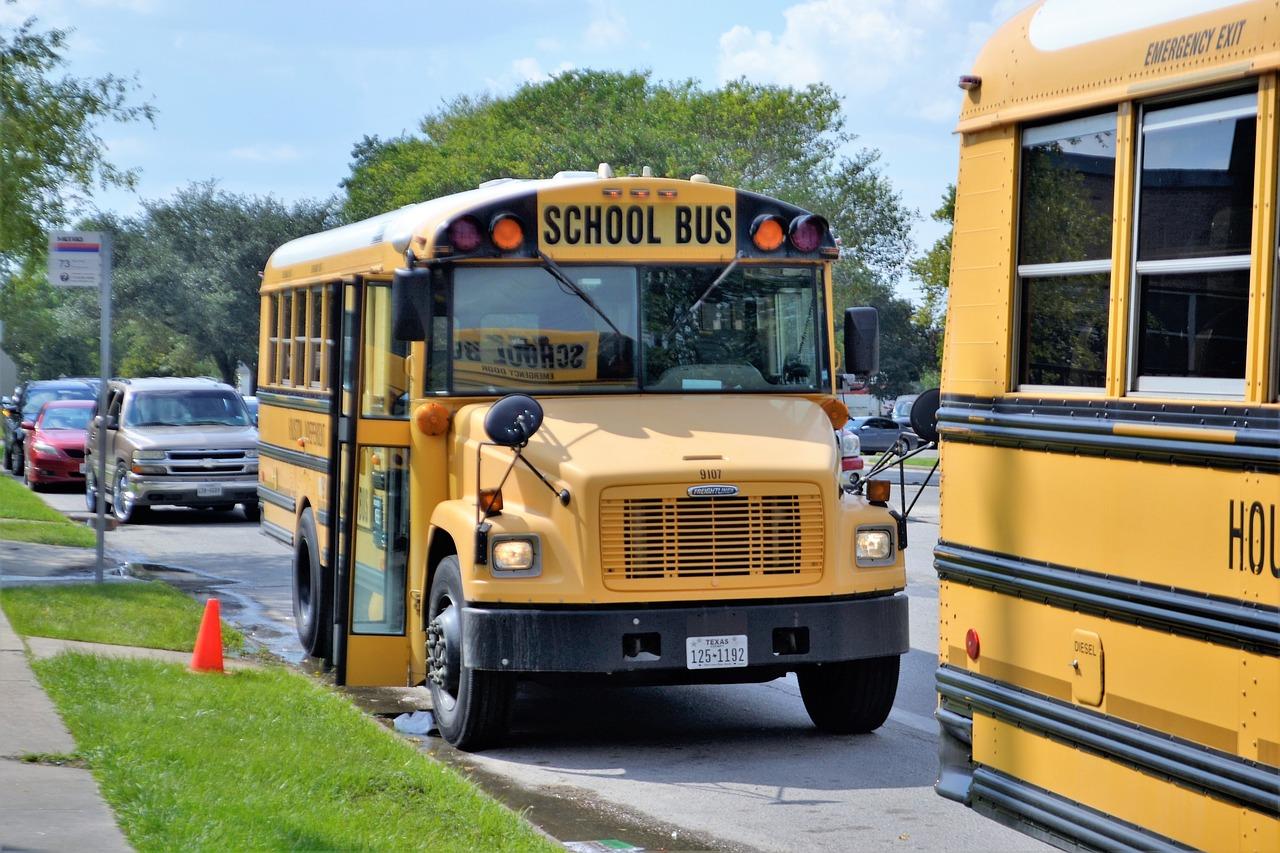This post may contain affiliate links
What would happen if learning about environmental sciences and sustainability could be fun, engaging, and simple? This is the basic concept of “Plate to Planet,” an interdisciplinary module designed for teachers in the K-12 school age by the plant-based firm Impossible Foods with the educational non-profit Beyond Benign.
The program was developed to assist children in understanding the effects that the food systems of all nations have on climate change and encourage students to pursue higher education or jobs in the field of green sciences. The program was created with educators from a group and tested by a team of teachers during the school year 2021-2022.
“We are on a mission to create a more sustainable global food system and reverse the negative effects of climate change,” Laura Kliman, director of the new product development of Impossible Foods, told. “To achieve this, it’s imperative that we create the tastiest and most nutritious plant-based meat products while educating people about the connection between what’s on their plate and its impact on the planet.”
Linking the dots between the effects of climate change on animal abuse.
What can kids learn from the lessons from “Plate to Planet”? The program examines sustainability in the context of the food system and entrusts children with learning about their eating habits impact on the environment around them.
Kate Anderson, director of education for K-12, says that educating children about the connection between food choices and to climate change, especially in the early years is essential. “The earlier, the better for developing all the good lifelong habits and understanding,” Anderson says. Anderson.
“Kids are very aware of today’s environmental challenges and want to act in ways that are less harmful to the environment,” says Anderson. “When children understand the impact of their own food choices early on, it can help plant the seeds for their own decision-making now and in the future.”
The four lessons are designed to be interactive and hands-on, including topics like biodiversity. It is taught through engaging children in outdoor activities and encouraging students to become more involved with their surroundings.
Using fun tools such as hoops that hula are made of, children discover that plant-based proteins are more beneficial for the planet than animal counterparts. They are also taught to think about meat production in a global context and debate options – such as “what if hamburgers were made from plants instead?” With their classmates.
“The curriculum we helped create is special in that it puts students in the driver’s seat,” says Kliman. “The lessons encourage them to become scientists and come up with innovative solutions to real-world problems, understanding the impact our everyday decisions have on the environment.”
The children also study the process of fermentation and food manufacturing innovatively. In one lesson, students take a slimy protein extracted from Chinese yams and study how the protein’s characteristics differ from the properties of the actual yam.
“This is my favorite part of the curriculum because it provides that ‘aha’ moment where students understand that food is science, and we can use plant ingredients in creative ways to solve science problems while having fun,” Kliman states.
The education of an eco-conscious generation
Although the classes are designed to be enjoyable, they are not intended to be educational “Plate to Planet” program is based on a fundamental concern: how can we supply 9 billion people with food sustainably in 2030?
To find out if children are making connections between food production and the environmental impacts, Impossible Foods hired a third-party research group to survey 1200 children between the ages of 5 to 18. The “Kids Rule” report discovered that 80 percent of the children surveyed knew about climate change, and awareness grows with age.
However, the report revealed a gap in education in the report, with the majority of children naming animal agriculture – which accounts for 14.5 percent of carbon dioxide emissions as the most negligible contributing factor to climate change. Most youngsters (99 percent) also said they ate animal products once per month, with 97 percent reporting consuming them weekly.
“At the K-12 level, there’s really not a lot of education about the role of the food system in climate change, so we’re building from the ground up,” Kliman says. Kliman.
“The Plate to Planet curriculum is so important because it provides a way for students to engage with real-world challenges–like climate change and its connection to our food system–and learn basic science concepts and standards,” Kliman says. Kliman.
However, most kids (9 from 10) surveyed for The Kids Rule report said it was essential to act in the face of climate change. 73% believed that they must take action to slow the process or stop it from happening.
“Students are more interested than ever in what we do to help save the world and what they can do to assist. We want to be part of an initiative that gets children interested in STEM and encourages them to contribute to solving the problem,” Kliman says. Kliman. “Primary schooling is particularly crucial because when they reach the age of 8, kids begin to consider what they’d like to be doing when they are older and link what they’ve learned in school to the actual world. The early years of education are crucial in setting the stage and demonstrating to the students that science can be fun and vital, not threatening and challenging.”
Tools for education, such as the “Plate to the Planet,” for instance “Plate to Planet” program and the two programs Beyond Burger and Impossible Foods, can bridge this gap and help empower the future generation of activists against climate change.
The program was developed to keep the discussion of green science within the school and in other settings. “The curriculum was designed to spark curiosity and open the door to discussing complex environmental challenges through hands-on lessons,” Anderson says. Anderson. “The curriculum is most successful when students go home talking about food as a science and the impact of food on the environment.”
Plant-based foods aren’t allowed on school menus
The previous season, Impossible Foods’ flagship Impossible Burger and Impossible Sausage breakfast patties were awarded CN certification — an accreditation by the United States Department of Agriculture that allows the plant-based firm’s meat products to be sold in K 12 schools across the nation.

Currently, over 500 public schools all over the United States serve CN-branded Impossible Sausage breakfast patties and Impossible ground beef. Additionally, five of the country’s 10 largest school districts have expressed an interest in introducing Impossible Foods in their cafeterias.
“We think of the cafeteria as an ideal opportunity to inform our children how the food they consume impacts their health and the environment. However, we aim to provide students with a healthy, plant-based alternative to the food items that are normally produced. Using animal flesh,” says Kliman.
This calendar year California has committed $750 million to enhance its school lunches specifically by encouraging the availability of plant-based meals. Following that announcement, Impossible Foods announced at the annual School Nutrition Association gathering in Orlando, Florida, that it would launch two new products designed explicitly for cafeterias in schools, including prepared Impossible Burgers and whole wheat Impossible chicken nuggets.
With the introduction of the “Plate to Planet” program, Impossible Foods strives for a future in which children are educated about the global food system and sustainable foods that aid in reducing the impact of climate change.
“We believe that school districts are uniquely positioned to take the lead in making plant-based foods available–especially given that their students are part of the most climate-conscious generation in history,” says Kliman.
“Providing plant-based products is an easy method for schools to be involved in the combat against climate change, and it gives students something to feel extremely proud of – knowing that both their schools and community are actively involved in the larger cause is fighting. Climate change is a major issue,” says Kliman.








